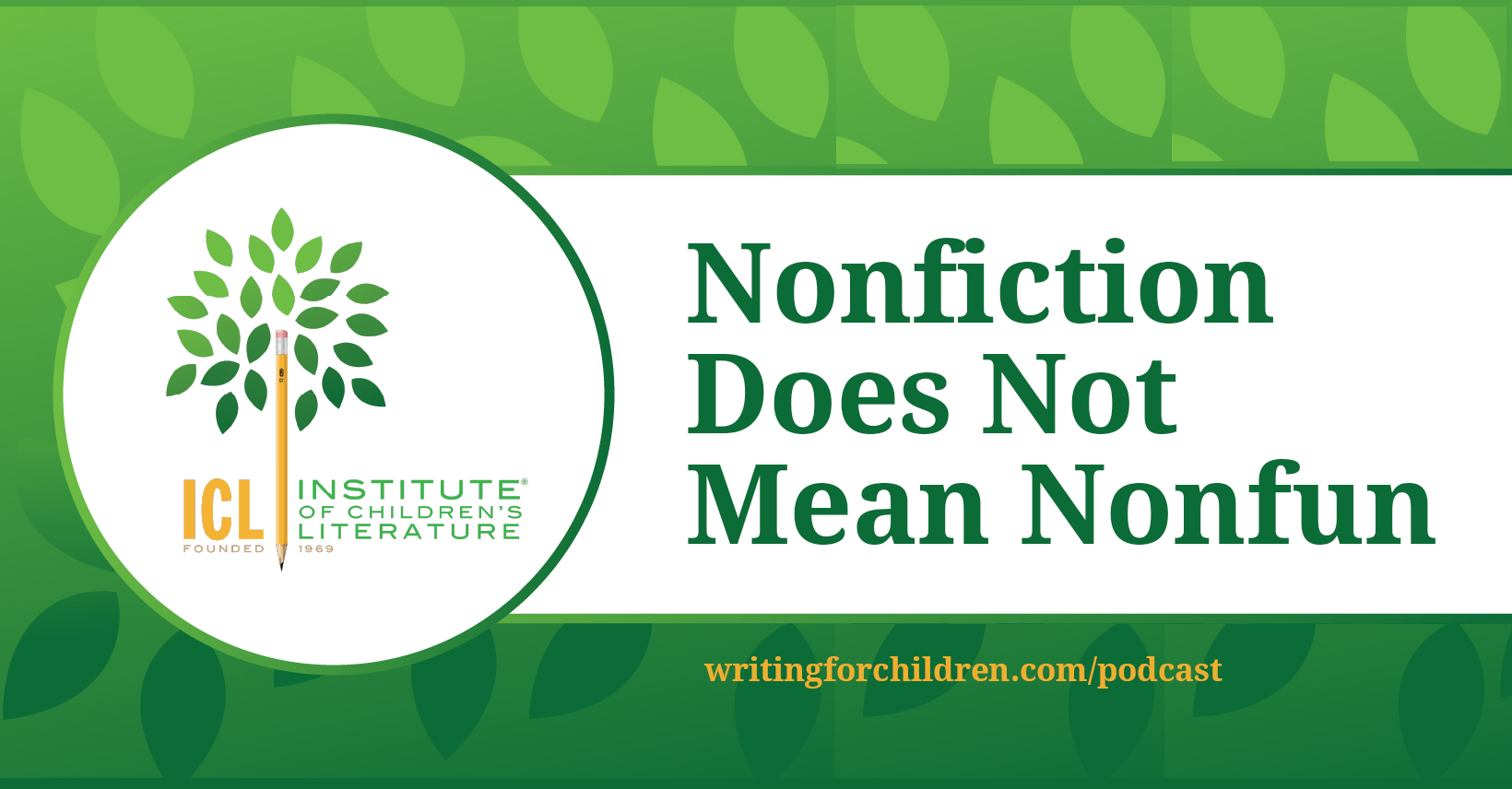1000 N. West Street #1200, Wilmington, DE 19801
© 2024 Direct Learning Systems, Inc. All rights reserved.

Many new writers connect the word “nonfiction” with horror-filled memories of slogging through dull textbooks and trying to memorize all the war dates through history. Or trying to memorize the states and capitals. Or trying to memorize scientific terms for the test. In other words, we remember mostly painful associations with nonfiction as a child. So we assume kids won’t want to read our article unless we jolly them into it.
So many beginning writers will do one of the following:
1. Address the reader directly, a lot, in kind of a jolly voice, and often asking questions about the reader’s life to try to draw comparisons with the article’s subject.
2. Mix fiction into the nonfiction much like you’d mix tasty syrup into icky medicine to force it past the lips of a cranky child. Since we assume fiction is tasty and nonfiction is icky, we’re sure we need some fiction to make the nonfiction fun.
And yet, those are two things editors hate to see. You could easily get a rejection over that. Why?
Listen to the episode and find out.
Listener Question of the Week
Mara asks:
If I’m submitting a story to a magazine, how many back issues should I study to determine that my story is unique and wasn’t done recently?
Listen to hear the answer in the podcast!
1000 N. West Street #1200, Wilmington, DE 19801
© 2024 Direct Learning Systems, Inc. All rights reserved.
1000 N. West Street #1200, Wilmington, DE 19801
© 2024 Direct Learning Systems, Inc. All rights reserved.
1000 N. West Street #1200, Wilmington, DE 19801
© 2024 Direct Learning Systems, Inc. All rights reserved.
1000 N. West Street #1200, Wilmington, DE 19801
© 2024 Direct Learning Systems, Inc. All rights reserved.

1000 N. West Street #1200, Wilmington, DE 19801
© 2025 Direct Learning Systems, Inc. All rights reserved.

1000 N. West Street #1200, Wilmington, DE 19801
©2025 Direct Learning Systems, Inc. All rights reserved. Privacy Policy.